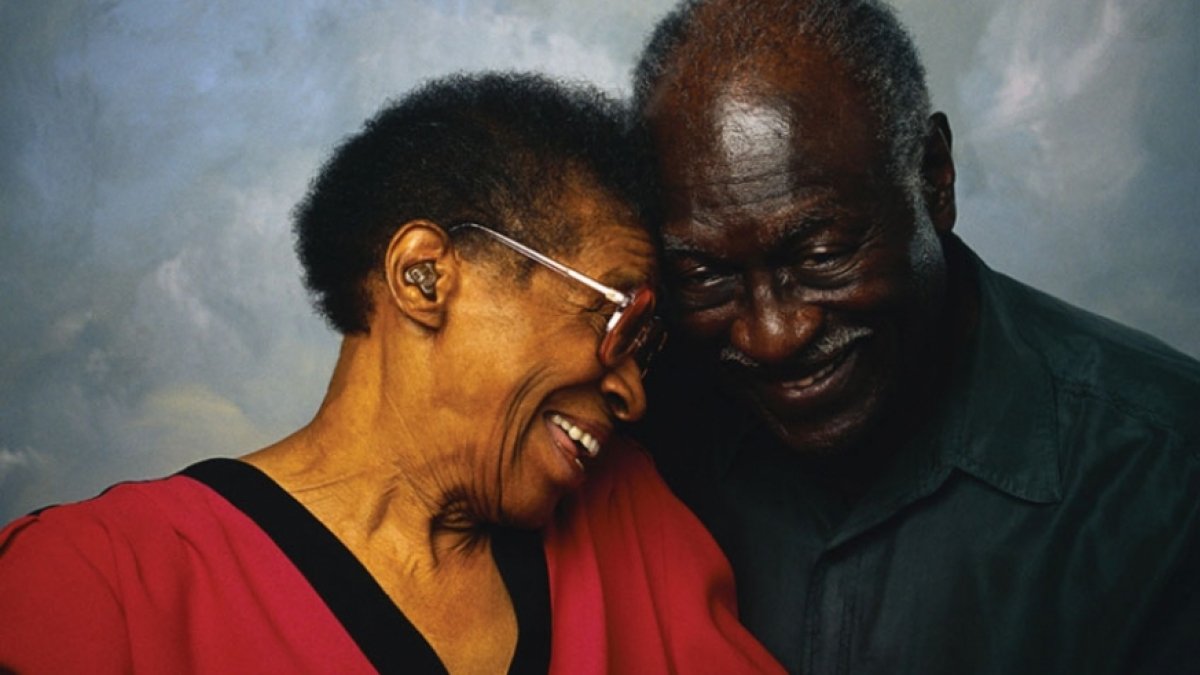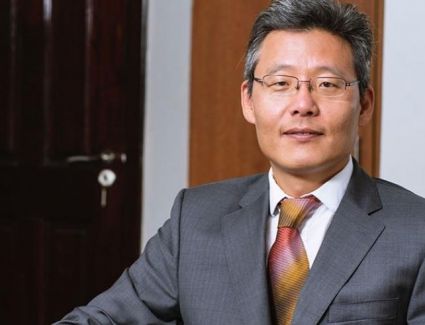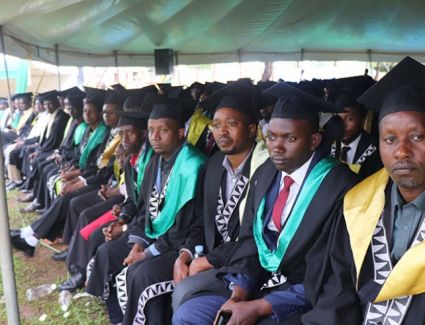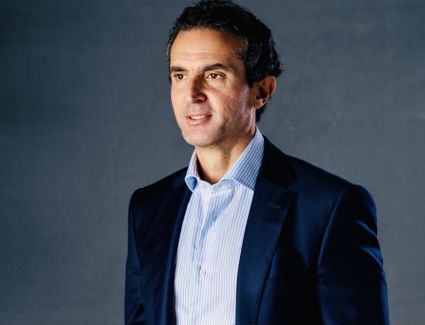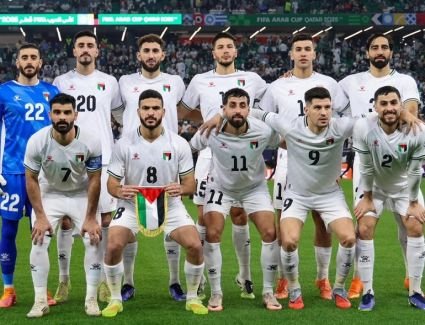Some people I meet nowadays have started calling me mzee (elder). Perhaps it is because of my bald head and salt-and-pepper hair, whatever's left of it.
When they address me as mzee, it is probably out of deference and respect for age, as is wont in many of our communities.
But it is also condescending. The mzee reference is a stereotype. It denotes entrenched social perception of reaching a stage of decline and weakness, I should be socialised with with some sympathy. It presumes there are things I now cannot do.
It is a worldwide issue that when it becomes a problem it is termed ageism, defined as prejudice or discrimination on account of a person's age.
It therefore resonated when Sir David Attenborough, the affable British naturalist celebrated for his epic TV series, was recently being presented with the 2019 Chatham House Prize by Queen Elizabeth II.
The Queen made made a remark referring to their age – they are both 93 – that provoked some chuckles from the audience.
She noted Sir David’s unequalled “ability to communicate the beauty and vulnerability of our natural environment.”
And for “your many talents,” she went on with a kind of triumph, “one can’t help but feel that for those of us of a certain generation, we can take great pleasure in proving age is no barrier to being a positive influence.”
You would not expect Her Majesty would gripe about ageism. And, it was precisely because of this that her remark provoked some polite laughter in the audience. It is doubtful her children and grandchildren or most Britons would hold prejudice against their Queen on account of her age.
Yet such is culture and its prejudices to demean the elderly that the Queen should be concerned enough to you accomplishments of her friend to strike one against ageism with relish.
Ageism is widespread everywhere in the world, in the developed and developing countries. It results in discrimination, neglect, abuse, and violence against older people. You may find them discriminated in employment, receiving biased health care and and being portrayed in the media as caricatures.
According to HelpAge, the majority of older people live in poverty or extreme poverty and are denied the right to make decisions about their personal finances, property and medical care.
Many older people have no access to, or choice and control over, the care and support services they may need to live independent lives.
In large swathes of Africa, older persons are killed due to superstition with accusations of being witches. They are also killed because of greed in order to take or inherit their property. And they are neglected as a burden and unnecessary cost because of poverty. Such cases have been recurring in Kenya and Tanzania. But are common across the continent, particularly in East, West and Central Africa.
The Queen and Sir David may be beyond all these, but you can see my apprehension of starting being called Mzee when police regarding older persons is largely inadequate in East Africa and the continent as a whole.
Last July Kigali hosted the Continental Sensitisation Seminar on the Ratification of two Protocols, one of which was the Protocol on the Rights of Older Persons in Africa, where 53 Member States of the African Union were invited.
The Protocol was adopted by the African Union at its 26th Summit Meeting in January 2016 in Addis Ababa. What remains now is its ratification and domestication by the member countries.
Many existing efforts to make old people's lives easier are similar to the Rwandan organisation NSINDAGIZA, an affiliate of HelpAge, which advocates for older people's inclusion in sustainable development efforts.
Others include homes for the elderly. These efforts are woefully inadequate, by they do their bit.
In the meantime, the language we use referring to old people ensures they stay down. As a conveyor of meaning, it feeds assumptions and judgments that lead to the stereotypes and discrimination.
Social media is particularly pernicious. Facebook for example. A much quoted instance carried in the professional journal, The Gerontologist, looked at 84 Facebook groups focused on age-related topics. Two thirds of the groups "excoriated" older individuals, 27 per cent infantilised them (i.e., treated them as if they are children), and 37 per cent urged banning them from activities such as driving and shopping.


